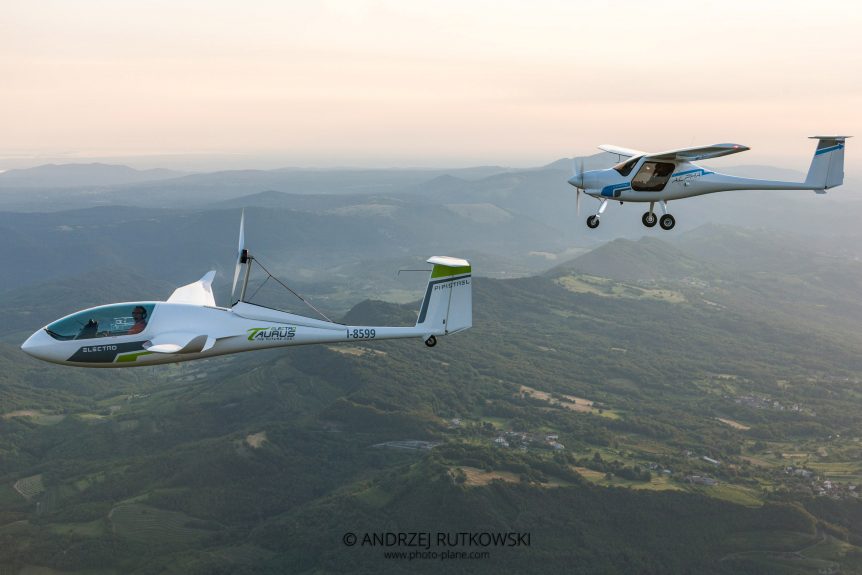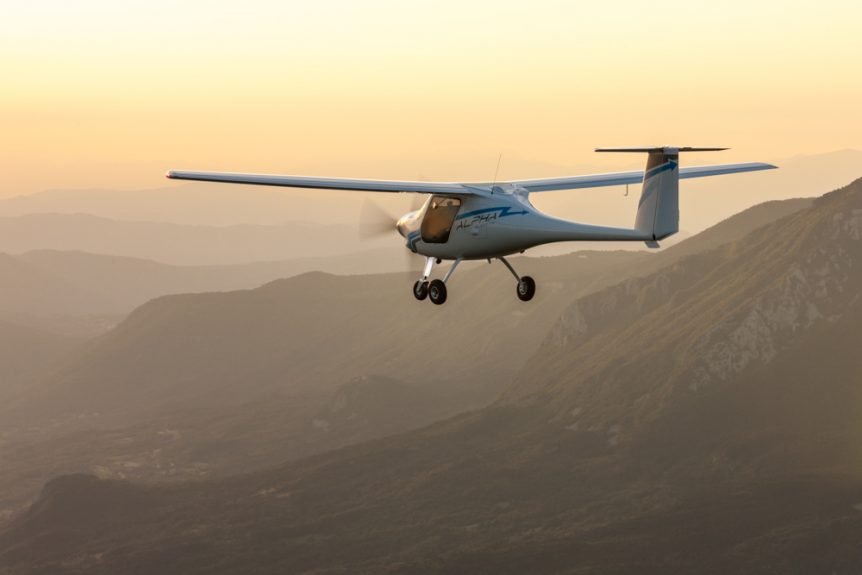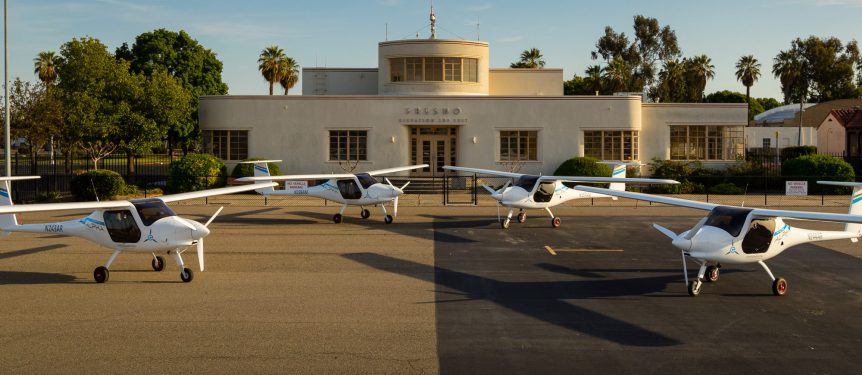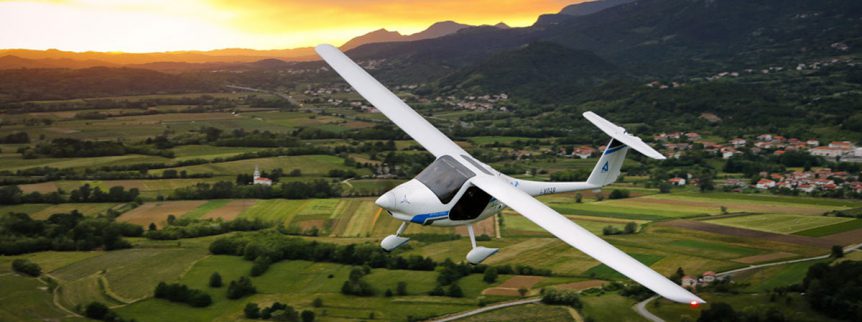The Pipistrel Velis is the culmination of 13 years of electric aircraft development and the first to gain certification by the European Union Aviation Safety Agency (EASA) on June 10. Pipistrel has been in the electric airplane business since 2007 when it announced the Taurus Electro motorglider, which entered service in 2011. That aircraft went through several iterations, and is still part of the Pipistrel lineup of electric planes, which includes the Alpha Electro Trainer, the Panthera Hybrid, and the new Velis. Alpha Electro Trainer in SoCal An electric version of the Alpha Trainer, the Electro has been in production since 2015. With an empty weight of 615 pounds (279 kg) and a maximum take-off weight of 1,212 pounds (550 kg), it is a bit heavier than the Rotax-powered gas version, and carries about 100 pounds less payload. Both have similar performance, though, with rates of climb around 1,200 feet per minute. Joseph Oldham started a well-organized, well-intentioned operation to …
Help Promote Electric Aviation
Beth Stanton, an aerobatic pilot and superb writer (you can read her articles in Sport Aviation), shares the following action item. Readers are invited to comment to the FAA by December 31. Your comments could have a big effect promoting electric flight, especially in flight training. “Progress on affordable electric training is happening! “Joseph Oldham, director of the Sustainable Aviation Project (SAP) asked me to pass this information along – “The SAP petition to the FAA for exemption to operate 4 Pipistrel Alpha Electro Aircraft with the issuance of a Special Light Sport Aircraft airworthiness certificate to conduct flight training is now posted for public comment: “https://www.federalregister.gov/documents/2019/12/09/2019-26468/petition-for-exemption-summary-of-petition-received-cities-of-mendota-and-reedley-california “Comments must be received by 12/30/19. “The progress of the Sustainable Aviation Project has been featured in the past few years in two innovation features in EAA Sport Aviation magazine. An article with the latest updates is slated for the May 2020 issue of EAA Experimenter magazine. “Details about the …
Alpha Electro Achieves FAA Certification
A Big Day in Fresno Following certification for Pipistrel’s Alpha Electro trainer in Australia, China, and Canada, the FAA presented this highly-valued acknowledgment that the aircraft meets current airworthiness standards. After waiting for the agency to remove the restrictive word “reciprocating” from its Light Sport Aircraft regulations, electric aircraft designers have permission to field aircraft with truly modern powerplants. With FAA inspectors painstakingly perusing every part of the Electros, a formal presentation followed, enabling the Sustainable Aviation Project to move forward with plans to bring low-cost pilot training to the Fresno, California area. Officials from the four cities in which Alpha Electros will be hangared were on hand to lend encouragement during the public flight displays of the aircraft. For a thoroughly modern design, the Alpha Electro is very light, at 368 kilograms (809 pounds) with batteries. Compare that to a Piper J3 Cub, which with a 65-horsepower Continental engine weighed 765 pounds empty. Adding 12 gallons of gasoline to …
Pipistrel Alpha Electros Come to California
News from Joseph Oldham, founder of the Sustainable Aviation Project, and Michael Coates, United States master distributor for Pipistrel Aircraft, heralds the largest delivery of electric training aircraft to date. Four Pipistrel Alpha Electro Trainers showed up at Fresno, California’s Chandler Airport, all part of the Sustainable Aviation Project. Described as “a public-private collaboration to reduce the cost of flight training through the use of all-electric general aviation airplanes,” the Project might become a role model for future electric flight training. On March 19, two 18-wheel trucks delivered two 40-foot shipping containers. Each container carried two Alpha Electros, two chargers, and a pair of replacement battery packs for each airplane. It took a mere two hours for a volunteer crew of up to six to remove the aircraft and chargers from the containers, leaving an X-Alpha simulator to be sent on its lonely way to Cypress College in Los Angeles. Michael Coates reported, “After removing all the plastic wrapping it …




